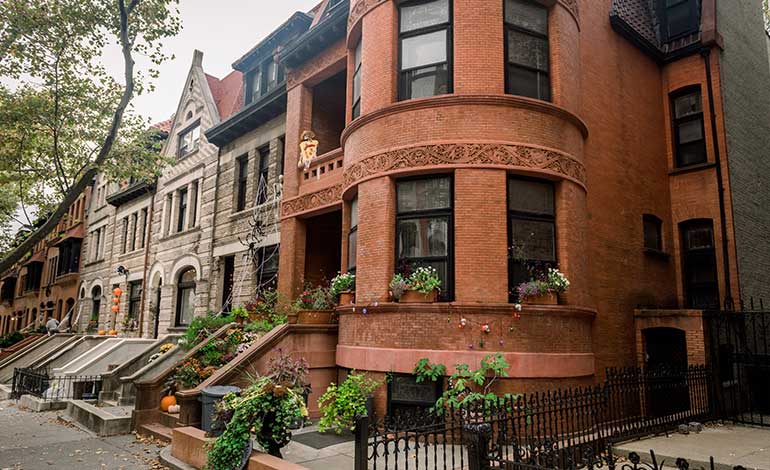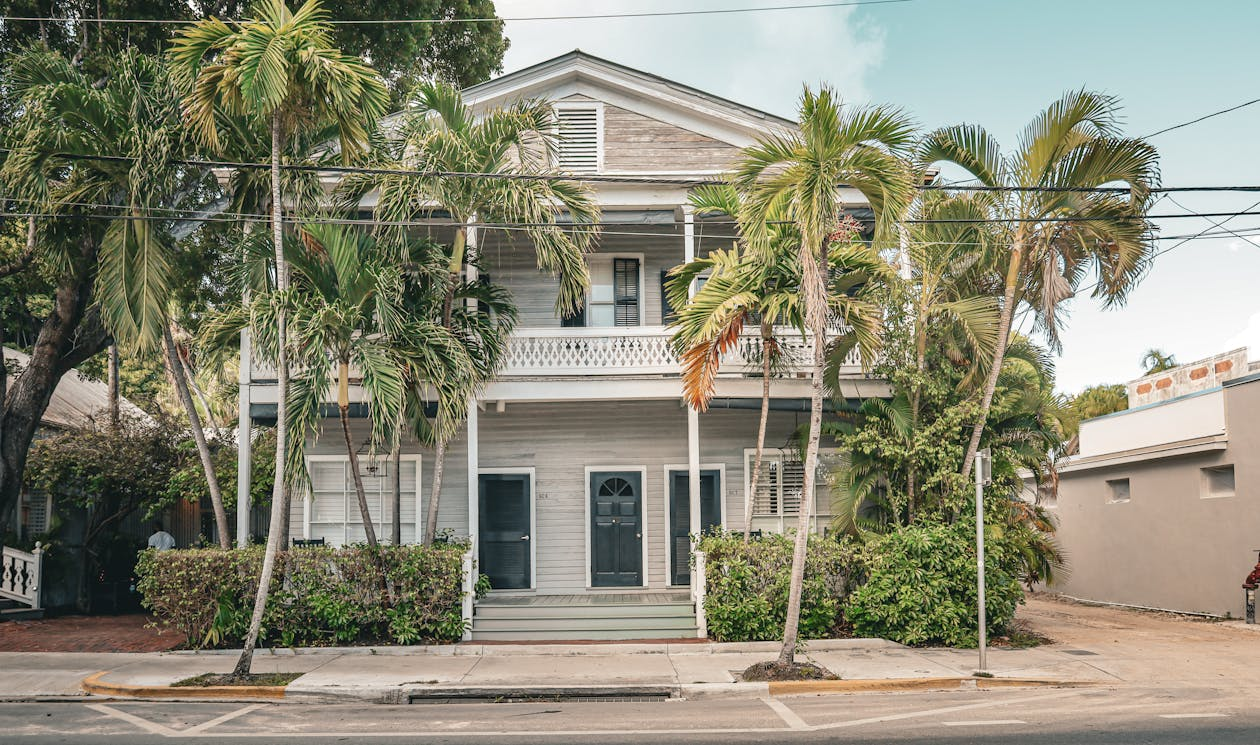Making the decision between flipping and renting properties as an investment can be difficult. Both have their own pros and cons, which we will take a closer look at in this article. So, which is the better investment? Let’s look at flipping vs. renting: which investment is the better choice?
What Is Flipping Properties as an Investment?
Flipping properties as an investment refers to the act of purchasing a property, renovating or making repairs/improvements to it, and then selling it for a profit. The goal is to buy low and sell high to make a quick and profitable return on investment.
Advantages of Flipping Properties as an Investment
Flipping properties as an investment can have several advantages, and here are some benefits you can enjoy:
- Quick turnaround: flipping properties can be a quick way to make a profit, as you are buying low and selling high.
- The high potential return on investment: flipping can offer a high potential return on investment, especially if done correctly.
- Easy to get started: flipping is a relatively easy investment to get started in, as you don’t need a lot of money to get started. You can even take a loan.
- Flexibility: flipping gives you a lot of flexibility in terms of what you can do with the property. You can renovate it however you want, which gives you more control over the finished product.
- Low risk: flipping is a relatively low-risk investment, as you are not risking your entire investment in one property. If things go wrong, you can always sell the property and recoup some of your losses.
Disadvantages of Flipping Properties as an Investment
While flipping properties as an investment can have several advantages, there are also a few disadvantages you need to be aware of:
- Taxes: Additional costs from purchasing and selling, such as capital gains taxes, arise with flipping. Closing expenses can pile up and reduce your overall return on investment when purchasing and selling a home. Self-employed people are subject to income tax rates as high as 43%. Without going into great detail, you should anticipate paying an extra 15% in taxes on top of your regular taxes. The rates of capital gains taxes for short-term and long-term investments are very different. You might anticipate paying a capital gains tax rate depending on your earned or “ordinary” income if you hold a property for less than a year.
What is Renting Properties as an Investment?
Renting properties as an investment refers to the act of purchasing a property and then collecting rent from tenants. The goal is to generate a consistent and passive income stream that can supplement your other income sources.
Advantages of Renting Properties as an Investment
Renting properties as an investment can have several advantages, and here are some benefits you can enjoy:
- Passive income: renting properties can provide a passive income stream, which is a great way to supplement your other sources of income.
- The high potential return on investment: renting properties can offer a high potential return on investment, especially if done correctly.
- Easy to get started: renting properties is a relatively easy investment to get started in, as you don’t need a lot of money to get started.
- Flexibility: renting properties gives you a lot of flexibility in terms of what you can do with the property. You can renovate it however you want, which gives you more control over the finished product.
- Low risk: renting properties is a relatively low-risk investment, as you are not risking your entire investment in one property. If things go wrong, you can always find new tenants and collect rent from them.
- Scalability: renting properties also allows you to scale your business up or down as needed, which gives you more flexibility in terms of how much income you generate.
Disadvantages of Renting Properties as an Investment
While renting properties as an investment can have several advantages, there are also a few disadvantages you need to be aware of:
- High risk: renting properties is a high-risk investment, as you are putting all your eggs in one basket. If the property doesn’t rent or if you encounter other problems, you could lose a lot of money.
- Time-consuming: renting properties can be time-consuming, as it often takes longer than expected to find tenants and collect rent from them.
- Labor intensive: renting properties also require a lot of labor, which can be costly and time-consuming.
- No control over the market: you are at the mercy of the market when renting properties, and you may not be able to rent the property for as much as you want.
- Difficult to find good deals: renting properties can be difficult, as it is hard to find good deals in today’s market. You need to have knowledge of market conditions and know where to look for potential deals.







